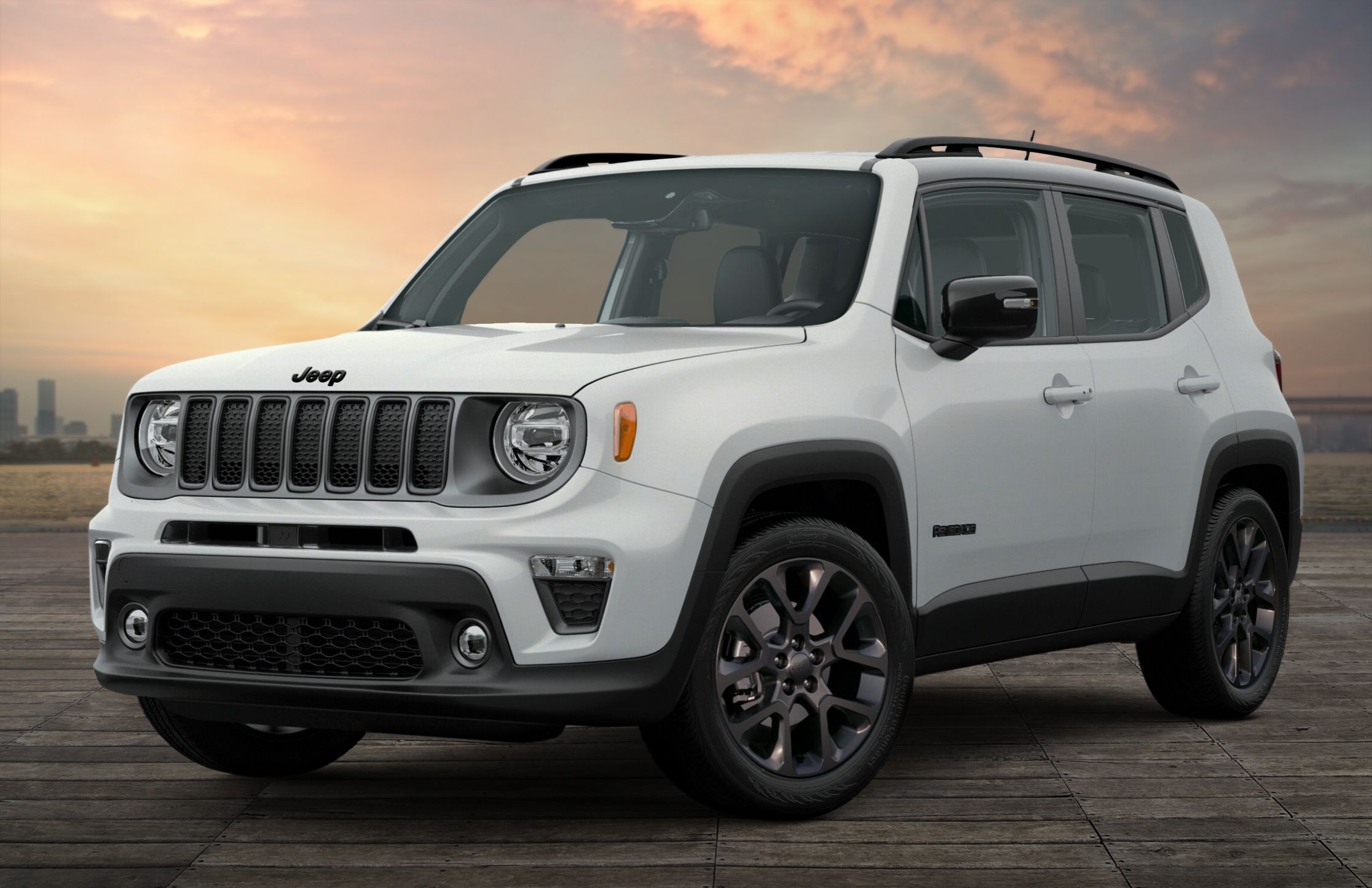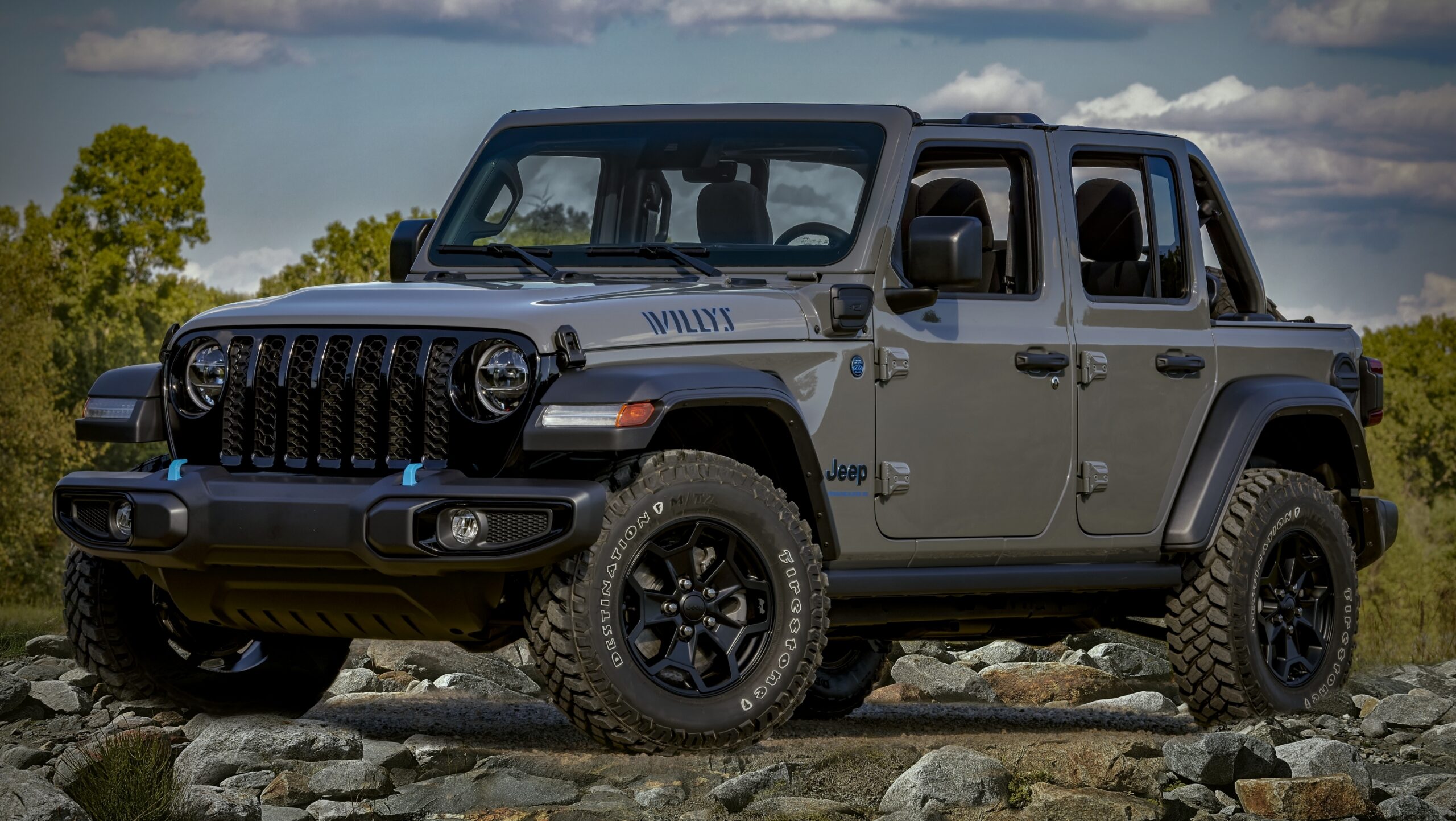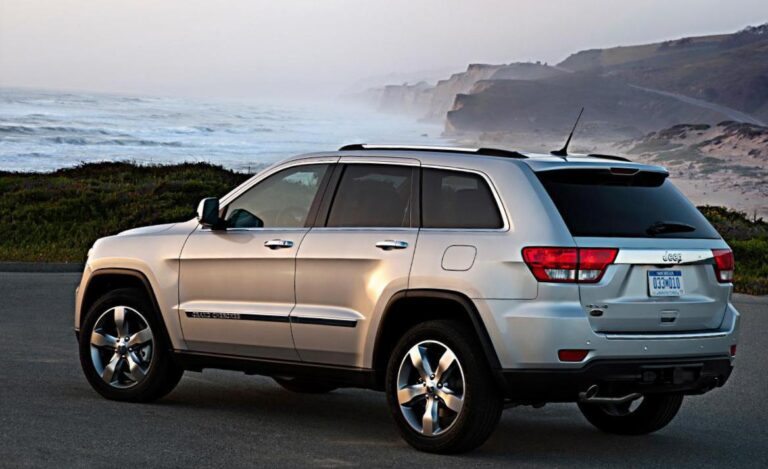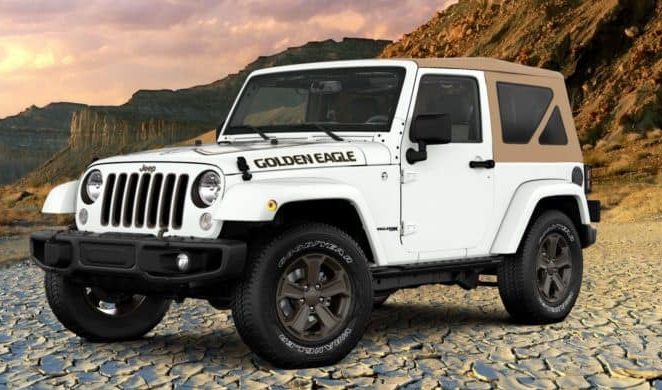Jeep Engine And Transmission For Sale: Your Ultimate Guide to Powering Up Your Off-Road Beast
Jeep Engine And Transmission For Sale: Your Ultimate Guide to Powering Up Your Off-Road Beast jeeps.truckstrend.com
The roar of a Jeep engine, the smooth shift of its transmission – these are the heart and soul of an iconic off-road machine. Whether you’re a seasoned Jeeper looking to breathe new life into a classic, a DIY enthusiast tackling a challenging repair, or an adventurer planning a custom build, the availability of used, rebuilt, and remanufactured Jeep engines and transmissions for sale offers a world of possibilities. This comprehensive guide will navigate you through the intricate landscape of buying these vital components, ensuring you make an informed decision that keeps your Jeep conquering trails for years to come.
Why Consider Buying a Jeep Engine or Transmission for Sale?
Jeep Engine And Transmission For Sale: Your Ultimate Guide to Powering Up Your Off-Road Beast
When your Jeep’s powertrain falters, you’re typically faced with three options: a complete vehicle replacement, an expensive repair at a dealership, or sourcing a replacement engine or transmission. The latter often presents the most cost-effective and practical solution, especially for older models where new parts might be scarce or prohibitively expensive.
Opting for a used, rebuilt, or remanufactured unit offers numerous benefits:
- Cost Savings: Significantly cheaper than buying new, often saving thousands of dollars.
- Availability: Access to components for discontinued models or popular engines that are no longer in production.
- Sustainability: Reusing parts reduces waste and promotes a circular economy.
- Performance Upgrades: Opportunities to swap in more powerful engines or robust transmissions to enhance your Jeep’s capabilities.
- Restoration Projects: Essential for bringing classic Jeeps back to their former glory, maintaining authenticity.

Decoding the Types: Used, Rebuilt, and Remanufactured
Understanding the distinctions between these categories is paramount to making the right purchase:
- Used (Salvage/Take-Out): These are components pulled directly from another vehicle, typically a salvage or donor Jeep. Their condition varies widely depending on mileage, maintenance history, and reason for the donor vehicle’s retirement. They are the most affordable but carry the highest risk without proper inspection and warranty.
- Rebuilt: A rebuilt engine or transmission has been disassembled, inspected, and had worn or broken parts replaced (e.g., gaskets, seals, bearings, piston rings). Critical components like crankshafts or gear sets are typically reused if they meet specifications. Rebuilders aim to restore the unit to good working order, but the extent of replacement can vary.
- Remanufactured: This is the most comprehensive and highest quality option outside of brand new. A remanufactured unit is completely disassembled, cleaned, and thoroughly inspected. All wear parts are replaced with new or re-machined components to meet or exceed OEM specifications. Key components are often upgraded to address original design flaws. These typically come with the best warranties and offer performance closest to new.
Popular Jeep Engine & Transmission Combinations for Sale
The world of Jeep powertrains is diverse, spanning decades of models and configurations. Here are some of the most sought-after engines and transmissions you’ll find on the market:
- Jeep 4.0L Inline-Six (I6): Found in the Cherokee XJ, Wrangler YJ/TJ, and Grand Cherokee ZJ/WJ, this engine is legendary for its bulletproof reliability and torque. It’s often paired with the AX-15 (manual) or AW4 (automatic) transmission.
- Jeep 2.5L Inline-Four (I4): Common in base model Wranglers (YJ/TJ) and Cherokees, offering decent fuel economy for lighter Jeeps. Often found with the AX-5 manual.
- Jeep 3.8L V6: Introduced in the Wrangler JK (2007-2011), this engine offered more power than its predecessors. Paired with the NSG370 manual or 42RLE automatic.
- Jeep 3.6L Pentastar V6: The current workhorse, powering Wrangler JK (2012-present), JL, Grand Cherokee, and more. Known for its smooth power delivery. Mated with the NSG370 manual (JK) or various automatics like the W5A580 (NAG1) or 8HP75 (ZF 8-speed).
- Hemi V8 Swaps: While not original equipment for most Jeeps, the allure of a powerful Hemi V8 (5.7L, 6.4L) from Chrysler/Dodge vehicles drives a significant market for engine-only sales, often requiring custom transmission adapters.
- Diesel Engines: Less common in the aftermarket for older models, but the 3.0L EcoDiesel from the JL Wrangler and WK2 Grand Cherokee is gaining traction.
Where to Find Jeep Engines and Transmissions for Sale
The market for used and remanufactured Jeep powertrains is vast. Knowing where to look can save you time and money:
- Local Salvage Yards/Junkyards: Often the cheapest option for used components. You can physically inspect the part, but warranties are typically limited or non-existent.
- Specialized Jeep Parts Retailers: Many companies focus exclusively on Jeep parts, offering a wide range of used, rebuilt, and remanufactured engines and transmissions, often with warranties.
- Online Marketplaces (eBay, Craigslist, Facebook Marketplace): Great for finding individual sellers or smaller shops. Exercise caution, verify seller reputation, and always insist on detailed photos and clear communication.
- Auto Part Search Engines (Car-Part.com, LKQ Online): These platforms aggregate inventory from thousands of salvage yards across the country, making it easy to search for specific parts and compare prices.
- Forums and Social Media Groups: Jeep-specific forums and Facebook groups are excellent resources for finding parts, getting recommendations, and even selling your old core.
- Engine/Transmission Rebuilders: Buying directly from a rebuilder ensures you get a quality rebuilt or remanufactured unit, often with excellent warranties and technical support.
Key Considerations Before Making a Purchase
Buying a major component like an engine or transmission requires due diligence. Ask the right questions and verify the details:
- Compatibility: This is non-negotiable. Ensure the engine or transmission is a direct fit for your Jeep’s year, model, and trim. Pay attention to specific sub-models, transmission bolt patterns, sensor locations, and ECU compatibility. If performing a swap, research extensively.
- Condition and Warranty:
- Used: Ask for the donor vehicle’s VIN, mileage, and reason for salvage. Inquire about compression test results for engines. A basic 30-90 day warranty is common.
- Rebuilt/Remanufactured: Understand the extent of the rebuild/remanufacturing process. What parts were replaced? What’s the warranty period (e.g., 1-year, 3-year, unlimited mileage)? What does it cover?
- Core Charge: Many sellers of rebuilt/remanufactured units require a "core charge," which is a deposit refunded when you return your old, failed engine or transmission. Ensure you understand the core return policy and condition requirements.
- Shipping & Handling: Engines and transmissions are heavy. Get a clear shipping quote, understand transit times, and inquire about crating and insurance. Verify if liftgate service is needed for delivery.
- Accessories Included: Does the engine come with accessories like the alternator, power steering pump, AC compressor, intake manifold, or exhaust manifold? Does the transmission include the torque converter or bell housing? This can significantly impact the total cost.
- Seller Reputation: Check reviews, ask for references, and ensure the seller is reputable, especially for online purchases.
The Buying Process: A Step-by-Step Guide
- Research Your Needs: Confirm the exact engine/transmission code and year range compatible with your Jeep.
- Set a Budget: Determine what you’re willing to spend on the part itself, shipping, and potential installation costs.
- Source Options: Use the methods above to find potential sellers.
- Ask Detailed Questions: Use the "Key Considerations" list above as a checklist.
- Inspect (if possible): If buying locally, physically inspect the unit for damage, fluid leaks, and overall cleanliness.
- Verify Warranty: Get warranty terms in writing.
- Payment & Shipping: Use secure payment methods. Arrange shipping or pick-up logistics.
- Receive & Inspect: Upon arrival, immediately inspect the unit for any shipping damage before signing off.
Installation and Post-Purchase Tips
- Professional Installation: Unless you’re an experienced mechanic with the right tools, professional installation is highly recommended. Engine and transmission swaps are complex and require specialized knowledge.
- New Fluids & Filters: Always install new engine oil, transmission fluid, and filters. Consider flushing the cooling system for engines.
- New Gaskets & Seals: Even if the unit comes with some, it’s wise to replace external gaskets (e.g., oil pan, valve cover) and seals (e.g., input/output shaft seals for transmission) that are easy to access during installation.
- Break-in Procedure: Follow the seller’s or manufacturer’s recommended break-in procedure for rebuilt/remanufactured units to ensure longevity.
- Tuning: Engine swaps, especially Hemi conversions, will require significant ECU tuning to run correctly. Even replacing a stock engine might necessitate basic computer resets or adaptations.
Common Challenges and Solutions
- Finding Rare Parts: For very old or obscure Jeep models, parts can be hard to find. Solution: Expand your search nationally, join dedicated owner forums, or consider a more common engine/transmission swap with adapter kits.
- Shipping Damage: Heavy components can get damaged in transit. Solution: Thoroughly inspect upon delivery, document any damage with photos, and refuse delivery if severe. Ensure shipping insurance is in place.
- Compatibility Issues: Even if listed as compatible, minor differences can arise. Solution: Double-check part numbers, compare sensor locations, and be prepared for minor modifications or component swaps (e.g., flywheel/flexplate).
- Warranty Claims: If a unit fails under warranty, the process can be lengthy. Solution: Keep all documentation, follow the warranty procedure precisely, and be prepared to provide diagnostic information.
Jeep Engine and Transmission Estimated Price Table
Prices are highly variable based on condition (used, rebuilt, remanufactured), mileage (for used), specific year/model, and seller. This table provides estimated ranges.
| Jeep Model/Engine/Transmission | Condition | Estimated Price Range (USD) | Notes |
|---|---|---|---|
| Wrangler YJ/TJ 4.0L I6 | Used (Engine only) | $800 – $1,800 | High mileage common, good for core or budget build. |
| Rebuilt (Engine only) | $1,800 – $3,000 | Popular choice for reliability, often comes with 1-year warranty. | |
| Remanufactured (Eng.) | $3,000 – $4,500+ | Best quality, longer warranties (2-3 years), ideal for long-term reliability. | |
| Wrangler YJ/TJ AX-15 | Used (Trans only) | $400 – $800 | Manual transmission, check for grinding gears. |
| Rebuilt (Trans only) | $800 – $1,500 | Common for restoration, often includes new synchros. | |
| Cherokee XJ AW4 (4.0L) | Used (Trans only) | $300 – $700 | Very robust automatic, widely available. |
| Rebuilt (Trans only) | $700 – $1,200 | Good option if your AW4 finally dies. | |
| Wrangler JK 3.8L V6 | Used (Engine only) | $1,000 – $2,500 | Prone to oil consumption in some cases, verify history. |
| Rebuilt (Engine only) | $2,500 – $4,000 | Addresses common issues, good upgrade for a tired 3.8L. | |
| Wrangler JK/JL 3.6L Pentastar | Used (Engine only) | $1,500 – $3,500 | Very popular, common in many Chrysler products. |
| Rebuilt (Engine only) | $3,500 – $5,500 | Excellent for long-term reliability, often preferred over new due to cost. | |
| Wrangler JK/JL 8-Speed Auto | Used (Trans only) | $1,500 – $3,000 | ZF 8HP series, highly sought after. |
| Remanufactured (Trans) | $3,000 – $5,000+ | Premium option for the latest Jeeps. | |
| Grand Cherokee 5.7L Hemi | Used (Engine only) | $1,500 – $3,500 | Often available from trucks/SUVs, popular for swaps. Check for MDS issues. |
| Remanufactured (Eng.) | $3,500 – $6,000+ | Best choice for a reliable Hemi swap. | |
| Complete Engine & Trans Combo | Used (e.g., 4.0L/AW4) | $1,000 – $2,500 | Good for swaps or full drivetrain replacement, often from donor vehicles. |
| Rebuilt/Remanufactured | $3,500 – $7,000+ | Premium option for a complete, warrantied powertrain. |
Note: Prices do not include shipping, core charges, or installation costs.
Frequently Asked Questions (FAQ)
Q1: Is it better to buy a used or remanufactured Jeep engine/transmission?
A1: It depends on your budget and risk tolerance. Used is cheapest but highest risk; remanufactured is more expensive but offers reliability and a strong warranty. Rebuilt is a good middle ground.
Q2: How do I ensure compatibility with my specific Jeep model?
A2: Always match the engine/transmission code, year range, and verify any specific bolt patterns or sensor types. Providing your Jeep’s VIN to the seller can help them confirm fitment.
Q3: What is a "core charge" and why do I have to pay it?
A3: A core charge is a refundable deposit to encourage you to return your old, failed engine or transmission ("core"). The seller then rebuilds or remanufactures your old core for future sales.
Q4: Can I install a replacement engine or transmission myself?
A4: If you have extensive mechanical experience, specialized tools (engine hoist, transmission jack), and a proper workspace, it’s possible. For most, professional installation is recommended due to complexity and safety.
Q5: What kind of warranty should I expect?
A5: Used parts typically have a 30-90 day warranty. Rebuilt units often come with 6 months to 1 year. Remanufactured units usually have the best warranties, ranging from 1 to 3 years, sometimes with unlimited mileage. Always get warranty details in writing.
Q6: How much does shipping usually cost for these heavy components?
A6: Shipping can range from a few hundred dollars to over a thousand, depending on distance, weight, and whether a liftgate service is required. Always get a firm quote before purchasing.
Q7: What’s involved in a "Hemi swap" for a Jeep?
A7: A Hemi swap involves replacing your Jeep’s original engine with a larger, more powerful Hemi V8. This is a complex undertaking requiring specialized mounting kits, wiring harnesses, cooling system upgrades, and often a new transmission and significant ECU tuning.
Conclusion
Finding the right Jeep engine and transmission for sale is a journey that demands research, careful consideration, and a keen eye for detail. Whether you’re opting for the budget-friendly used route, the balanced approach of a rebuilt unit, or the peace of mind of a remanufactured component, understanding the market and asking the right questions will empower you to make an informed decision. With the right powertrain, your beloved Jeep will be ready to tackle new adventures, ensuring the spirit of off-roading lives on for miles to come.




